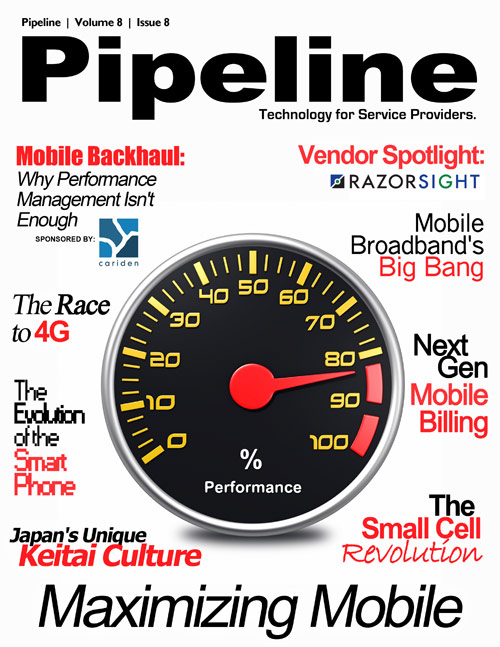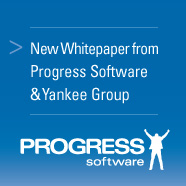Choices, Choices
However, for smartphone users and carriers alike, the market may have a few new players in 2012.
“Expect Amazon.com to jump into the smartphone space,” says Kagan. “They have Apple in their sights. This device will work with their Kindle and cloud and other technologies as time goes forward.” Rumors abound that the online retailer, having just beefed up their e-reader lineup to include the Fire tablet, may have the technology exposure, the marketing know-how, and the brand awareness to make the leap into the smartphone space.
Likewise, Microsoft, whose Windows phones didn’t make the splash some industry observers were anticipating in 2011, will double down on the smartphone game. The software powerhouse may have found just the right partner in tremendously important, though ailing, Nokia. Together, the two are releasing the promising Lumia 710, built by Nokia and powered by Microsoft’s Windows 7. The phone promises to be a sturdy, well-built, and properly equipped smartphone that offers a feature neither iPhones nor the cream-of-the-crop Android phones can offer: an attractive price-point.
Heavily subsidized by Microsoft, the Lumia 710 creeps into the market at $49, making it an almost-free gateway drug for users who want the full smartphone experience, but who have been affected by the less-than-rosy state of the economy. It’s a compelling value proposition, and one that prompted TechCrunch to call 2012, "the year of the WinPho."


Android vs iPhone
Regardless of whether 2012 will belong to that little company from Redmond or not, there’s little doubt that Android devices and the iPhone will continue to pull down monster numbers this year. It’s hard to say, exactly, whether Team Apple or Team Google can claim 2011 as its own. Both have a case.
On one hand, Android devices, as CBS MoneyWatch’s Eric Sherman said it, “crushed” iPhones in 2011. Google claimed 700,000 activations per day as the end of the year approached, which would mean, if that rate continued for a full year, over 250 million activations in 2011. In the process, Sherman estimates that Google made $5 billion in royalties in 2011. Meanwhile, Apple sold just under 105 million iPhones in the 2011 fiscal year (which, granted, ended before the rollout of the iPhone 4S, which certainly drove those numbers down, slightly, as savvy consumers held out for Siri).
However, other estimates indicate that even with more users opting for Android devices than iPhones, the Apple App Store still generates four times as much revenue as the Google Android Market. Furthermore, the iPhone experience is consolidated in Apple’s hands, while the Android device market is widely distributed among handset manufacturers and other third parties.
While Android seems to have the edge, based on sheer volume, it’s really a bit of a push.
Ebb and Flow
However, the dawning of a new day may mean the end of another. The venerable Blackberry, long the grown-up’s smartphone, is on the ropes and may find itself increasingly so as the year wears on. Though RIM is still a massive and important company, a growing number of industry analysts say the embattled device manufacturer is having trouble changing with the times.
”I gave a speech several years ago warning of this coming trouble for RIM,” Kagan told Pipeline. "The audience did not believe me. They were still strong and growing. Today it is a different story."
Which is not to say that RIM is out of the game, but the game for RIM will almost definitely change. In 2012, we may see their fortunes either reverse and begin to improve, or see their prospects as an acquisition target grow.








